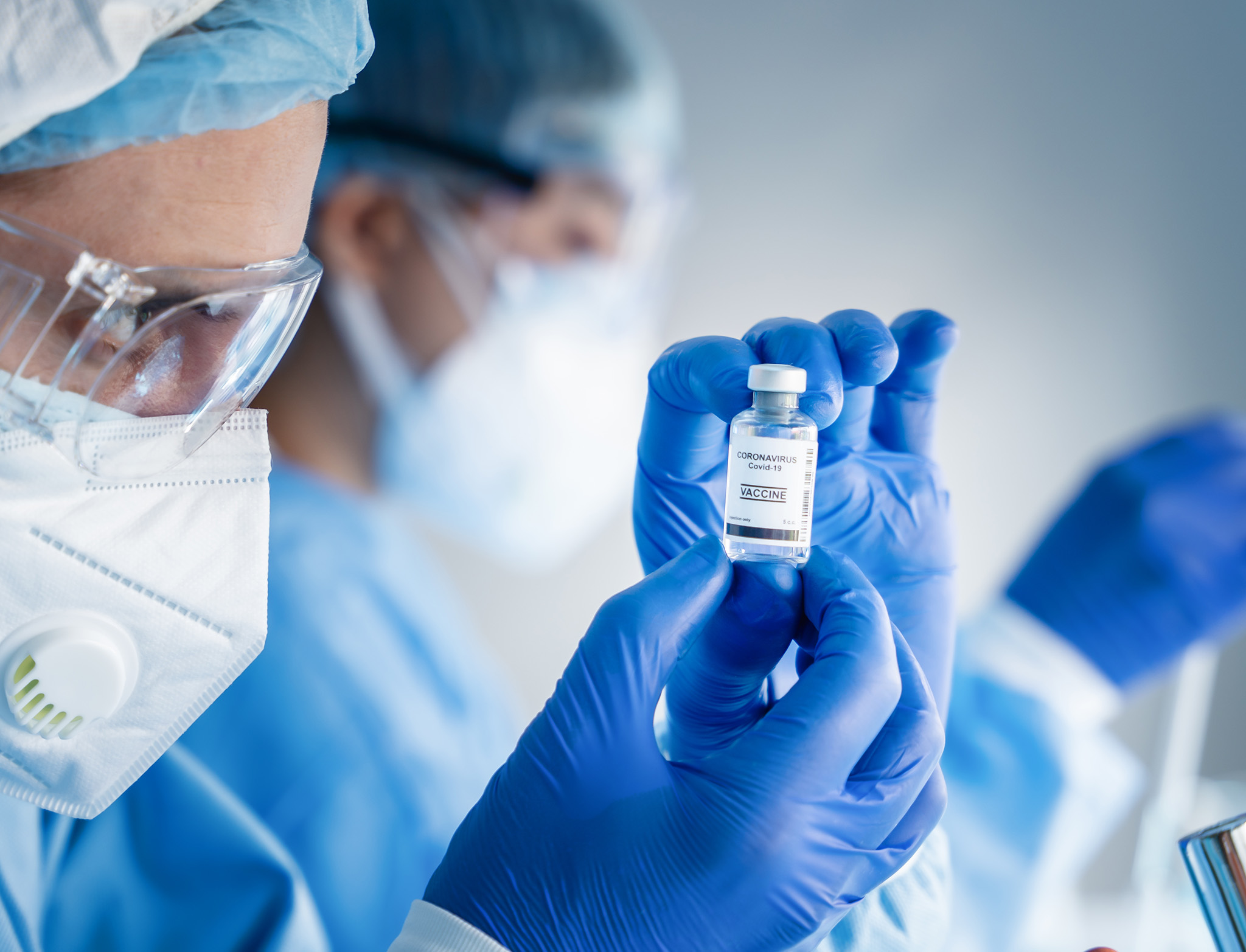
Pharmaceutical/Biotech
In the pharmaceutical and biotech industries, high-purity water is vital for ensuring product safety, quality, and efficacy. It functions as a critical ingredient in drug formulations, laboratory processes, and equipment cleaning. High-purity water removes impurities and contaminants that could compromise product integrity. From research and development to manufacturing and quality control, high-purity water plays a vital role in every aspect of pharmaceutical and biotech operations, safeguarding patient health and advancing scientific progress.
Get A QuoteYour Prescription For Quality
Water is a critical component of the pharmaceutical manufacturing process. High quality purified water is required for ingredient processing, device manufacturing, water for injection, laboratory use and general utility needs. The typical types of water are Water for Injection (WFI), Purified Water, Non-compendial Water and Reagent Grade Water.
Puretec offers membrane, UV and pumping equipment designed to meet stringent United States Pharmacopeia (USP) requirements and provides fleet and dedicated ion exchange resin services managed by a team of qualified service technicians.
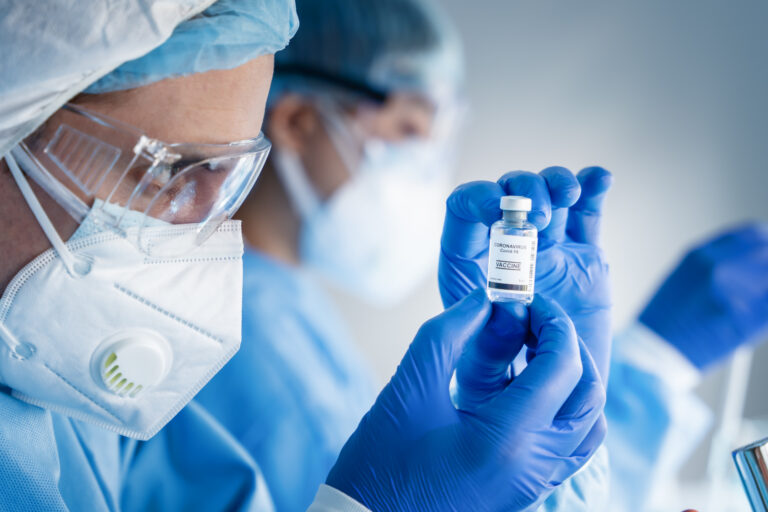
Pharmaceutical Production
High-purity water serves a multitude of critical roles throughout the pharmaceutical manufacturing process. High-purity water is used as a primary ingredient in drug formulations, providing a clean, reliable solvent free from impurities that could affect drug stability or efficacy. High-purity water is also essential for preparing buffers, solutions, and reagents used in various laboratory procedures and analytical testing. During manufacturing, high purity water plays a crucial role in cleaning and sanitizing equipment to prevent cross-contamination and ensure product purity. Water is also utilized in steam generation for sterilization and as a component in cleaning systems to maintain equipment integrity. High-purity water is also required for final rinsing of containers, vials, and packaging materials to remove residues and ensure product sterility. Every step of the pharmaceutical production process relies on high purity water to meet stringent regulatory requirements, safeguard patient health, and uphold product quality and consistency. Its purity and reliability are essential for ensuring the integrity of pharmaceutical products and advancing healthcare worldwide.
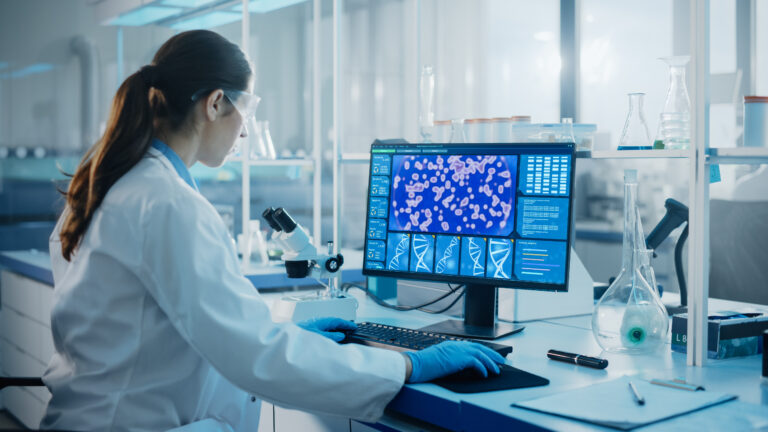
Medical Device Manufacturing
High-purity water plays a vital role in manufacturing medical devices, ensuring product quality, safety, and compliance with regulatory standards. In the production of medical devices, water serves many different roles. First, high-purity water is used as a cleaning agent for removing contaminants, residues, and particulates from equipment surfaces and components. It helps maintain strict cleanliness standards to prevent contamination and ensure the sterility of medical devices. Additionally, high-purity water is utilized in the manufacturing process as a solvent or diluent for various materials, such as polymers, adhesives, and coatings. It ensures the purity and integrity of these materials, minimizing the risk of impurities that could compromise product performance or biocompatibility. High-purity water is also essential for rinsing and final cleaning of medical devices to remove any remaining residues or contaminants. This ensures that the devices meet strict quality standards and are safe for use in clinical settings. Finally, in certain manufacturing processes, high-purity water is used for cooling, lubrication, and heat transfer, contributing to the efficient and precise production of medical devices. Overall, high-purity water is a critical component in the manufacturing of medical devices, supporting product quality, reliability, and safety throughout the production process. Its purity and consistency are essential for meeting regulatory requirements and ensuring the highest standards of patient care.
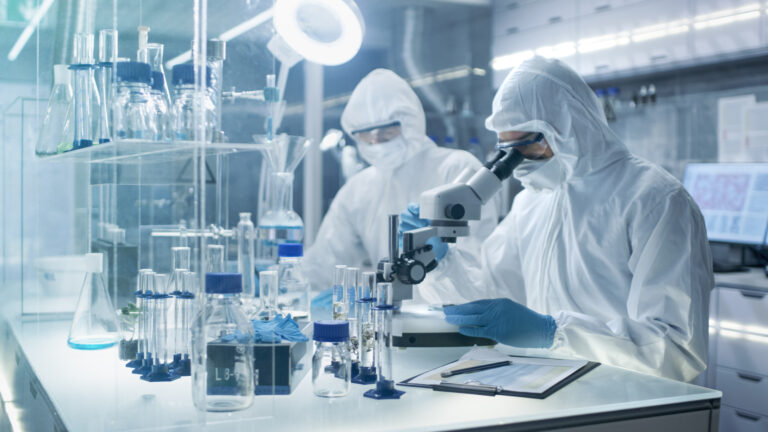
Laboratory Water
High-purity water is essential in medical laboratories, where precision, accuracy, and reliability are paramount. It serves a multitude of critical functions in various laboratory procedures and analytical techniques. High-purity water is used as a solvent and reagent in preparing solutions, buffers, and culture media for diagnostic tests, research experiments, and cell culture studies. Moreover, high-purity water is essential for cleaning laboratory glassware, equipment, and surfaces to prevent cross-contamination and ensure the accuracy of test results. It removes residues, impurities, and contaminants that could interfere with analytical measurements or compromise sample integrity. Additionally, high-purity water is utilized in analytical instruments, such as chromatography systems, spectrophotometers, and mass spectrometers, as a carrier solvent or mobile phase. Its purity ensures the accuracy and reproducibility of analytical measurements, supporting precise quantification and identification of analytes in biological samples. High-purity water is also critical for maintaining the quality and performance of laboratory equipment, including incubators, autoclaves, and water baths. It helps prevent scale buildup, corrosion, and microbial growth, prolonging equipment lifespan and ensuring reliable operation. Overall, high-purity water is a key component of medical laboratory operations, facilitating accurate diagnostic testing, research, and experimentation while upholding the highest standards of quality, safety, and compliance in healthcare and biomedical science.
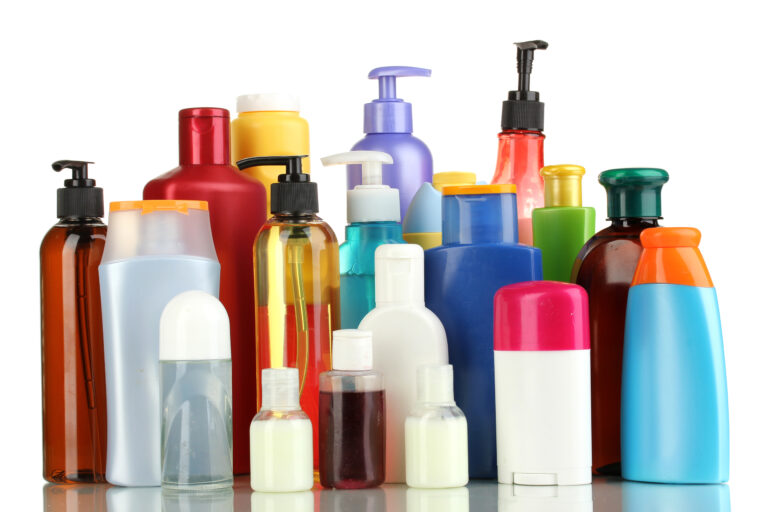
Cosmetics / Personal Care Products
The Federal Food, Drug and Cosmetic Act defines a cosmetic as any product intended to be rubbed, poured, sprinkled, sprayed or introduced into or otherwise applied to the human body for cleansing, beautifying, promoting attractiveness or altering appearance.
Water is used as a solvent to dissolve ingredients for use in sprays and as an emulsifier in creams and lotions. While the industry is lightly regulated, most manufacturers in the US follow the USP Purified Water standard for water used in product manufacturing, requiring much of the equipment and process used in other pharmaceutical industries.
